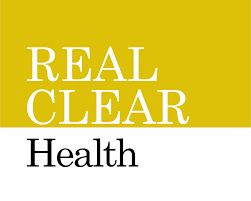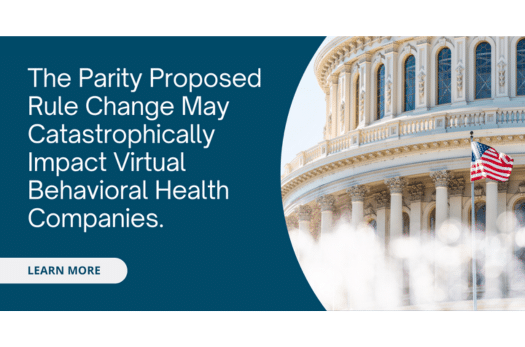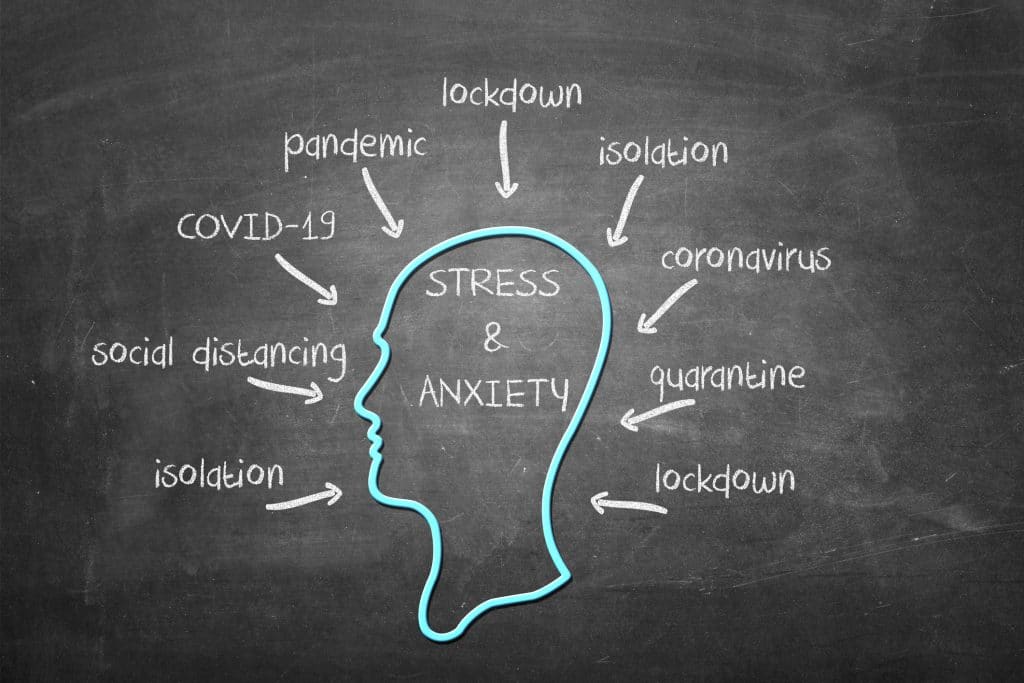Solutions for Mental Health – Addressing Mental Health Disparity

Now is the time to increase access to quality, affordable care, but a proposed rule change to the Mental Health Parity and Addiction Equity Act (MHPAEA) would instead significantly reduce standards and build roadblocks to mental health support.
MHPAEA was intended to encourage better parity between treating patients with mental and physical health needs, but a proposed rule change under consideration by the Biden administration could be catastrophic.
What does this mean for patients?
The proposed parity rule change would also lower standards for admitting mental health care providers and facilities into networks and lead to more unchecked and even dangerous care. From pill mills that push psychotropic drugs on millions who may not need them to addiction treatment center scams that prey on the most vulnerable, this rule would mean more than higher costs – it would empower bad actors to target at-risk communities for unproven treatments that could harm them.
Patients Deserve Real Solutions
Lawmakers should scrap this potentially catastrophic rule change and, instead:
- Address the mental health care provider shortage.
- Focus on training primary care physicians to provide integrated physical and mental health care.
- Increase telehealth access to high-level clinicians for patients needing acute care.


































